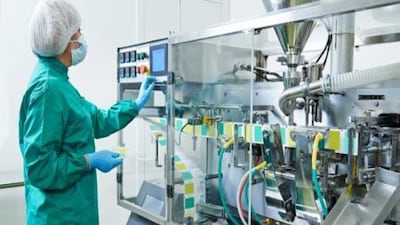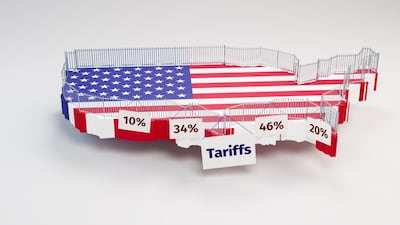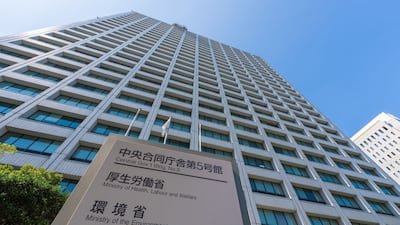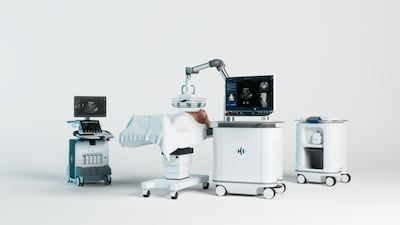Asia
The US FDA has published its annual international harmonization assessment for fiscal 2025, which reports on the device center’s progress in aligning medical device regulations with global standards to improve patient access to safe, innovative technologies.
The timing of the US tariff reset is also notable. It comes days after India and the European Union concluded a trade deal under which duties on medical devices will be cut from 27% to zero, while allowing liberalized tariffs for devices made in India.
India’s medical devices industry entered 2026 on the back of steady market growth amid industry warnings over policy inconsistency and ongoing import dependence.
The US FDA says Olympus has updated its instructions for a device used in many endoscopic procedures after reports of serious injuries. The class I recall follows the FDA blocking imports of other scoping devices from the Japanese firm earlier this year.
India is transforming its medtech sector from a consumer-importer market into an innovator-exporter industry. But stakeholders are aware of a public-private investment imbalance, In Vivo notes in part three of its APACMed 2025 conference report.
The top awards at the annual MedTech Innovator APAC are handed out to an increasingly varied range of products and applications, and the class of 2025 was no exception in its reflection of healthtech’s ever-widening innovator base.
Two recent warning letters from the US FDA provide the companies with 30 business days to respond instead of the usual 15. Though not a regulatory requirement, the 15-day time frame has become the standard.
The US Department of Commerce’s investigation into the national security impact of importing various medical equipment could lead to tariffs on many products. Device industry responds by emphasizing the robustness of domestic production, but also the rigidity of supply and reimbursement agreements.
C-suite executives from Stryker, Intuitive Surgical and Fresenius passed a mainly upbeat verdict on the Indian medtech market and industry.
Stryker’s Indian market growth will outpace the company’s average growth by a factor of three, company CEO Kevin Lobo told the APACMed medtech forum, before officially opening a new R&D center in Bangalore.
Launching a medical device in Japan requires a solid reimbursement strategy as patients can't pay out of pocket. Companies must build ties with experts and prepare a comprehensive reimbursement dossier. Japan's strict pricing and focus on clinical benefits make early planning essential for success.
APACMed 2025 delegates heard how two global device regulators have shifted to a policy of early advice for innovators, with benefits for all industry stakeholders.
About 30% of providers flagged cybersecurity and data privacy as concerns while 40% pointed to patient engagement platforms as a challenge. By contrast, only 10% of respondents viewed AI and Gen AI applications or critical system upgrades as urgent priorities.
The US International Trade Commission has banned smart rings from Ultrahuman and RingConn after Oura Health's patent infringement case. Ultrahuman countersued, claiming Oura infringes its intellectual property. Sales and marketing of the affected rings will cease on October 22.
A Japanese study of Watchman LAA closure devices found that leaks of any size after implantation raise the risk of stroke. The study comes shortly after the US FDA issued an early alert for the Watchman access systems.
HistoSonics’ CEO Michael Blue describes the deal as a win-win for all stakeholders and plans to use the money to expand clinical indications, as well as the global reach, for its Edison system.
A recent approval from the US FDA allowing Boston Scientific to broaden its labeling for its pulse field ablation system means more patients with one type of AFib will have access to a promising new treatment.
A system of pre-regulatory review consultations for innovative drugs and devices in South Korea has contributed to the accelerated development of such products.
After multiple warning letters and safety communications, the US FDA has decided to block the import of certain endoscopes from Olympus. In total, the agency’s action pertains to 58 device models manufactured by the Japanese firm used in urinary, respiratory, abdominal and pelvic procedures.
From June 30, new European Commission rules will attempt to redress an imbalance in medtech trade between the EU and the People’s Republic of China.




















